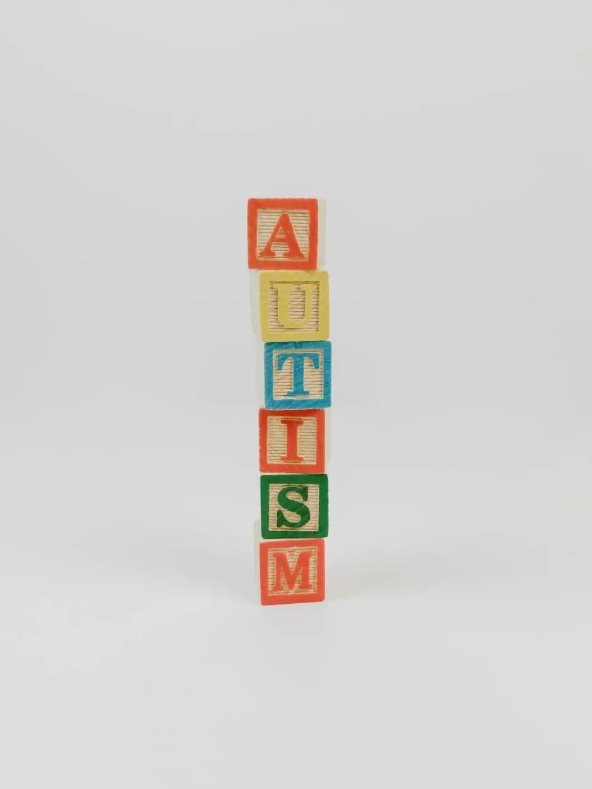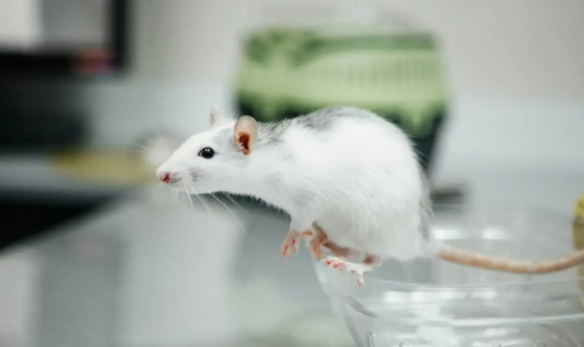
In recent years, several studies have shown that the bacteria in our gut are linked to our overall health.
These gut bacteria can affect our mood, how we handle stress, and our chances of getting autoimmune diseases like rheumatoid arthritis and type 1 diabetes.
A new study in The Journal of Immunology gives new information about how gut bacteria might be connected to autism.
According to the World Health Organization, autism is a range of brain development conditions that affect how people interact and communicate with others.
 Pexels
Pexels
Further, WHO states that people with autism “often have co-occurring conditions, including epilepsy, depression, anxiety and attention deficit hyperactivity disorder as well as challenging behaviours such as difficulty sleeping and self-injury.” The intellectual capacities of these people wary from one individual to another.The research suggests that our mother’s microbiota has greater influence on us developing autism than our own.
“The microbiome can shape the developing brain in multiple ways,” John Lukens, lead researcher and PhD student from the University of Virginia School of Medicine, said in a statement.
“The microbiome is really important to the calibration of how the offspring’s immune system is going to respond to an infection or injury or stress.”
One important piece of this puzzle may be a molecule made by the immune system called interleukin-17a, or IL-17a. This molecule is known to play a role in diseases like psoriasis, multiple sclerosis, and rheumatoid arthritis, and helps fight fungal infections. But it also seems to affect how the brain develops before birth.
 Pexels
Pexels
To study this, scientists used mice with different types of gut bacteria. One group had bacteria that caused a strong immune response involving IL-17a, while the other group did not.
When scientists blocked IL-17a in the baby mice, both groups showed normal behavior. But once the treatment stopped and the mice grew naturally, those in the first group started to show signs linked to autism, like repeating certain actions.
Later, the researchers took poop from the first group and gave it to the second group through a fecal transplant, which passed the inflammation-causing gut bacteria to them. As expected, the second group of mice also began showing autism-like behavior.
 Pexels
Pexels
While researchers have only conducted the study on mice, it does provide a foundation for further research that could determine the extent the mother’s gut health contributes to the development of neurodevelopmental disorders.
“In terms of translating our work to humans, I think the next big step would be to identify features of the microbiome in pregnant mothers that correlate with autism risk,” Lukens said. “I think the really important thing is to figure out what kind of things can be used to modulate the microbiome in the mother as effectively and safely as we can.”
While blocking IL-17a also might offer a way to prevent autism, Lukens said it comes with certain risks. “If you think about pregnancy, the body is basically accepting foreign tissue, which is a baby,” he said. “As a result, maintenance of embryonic health demands a complex balance of immune regulation, so people tend to shy away from manipulating the immune system during pregnancy.”
He suggested there are plenty of other molecules to explore, as IL-17a is just a tiny part of a much bigger picture.
